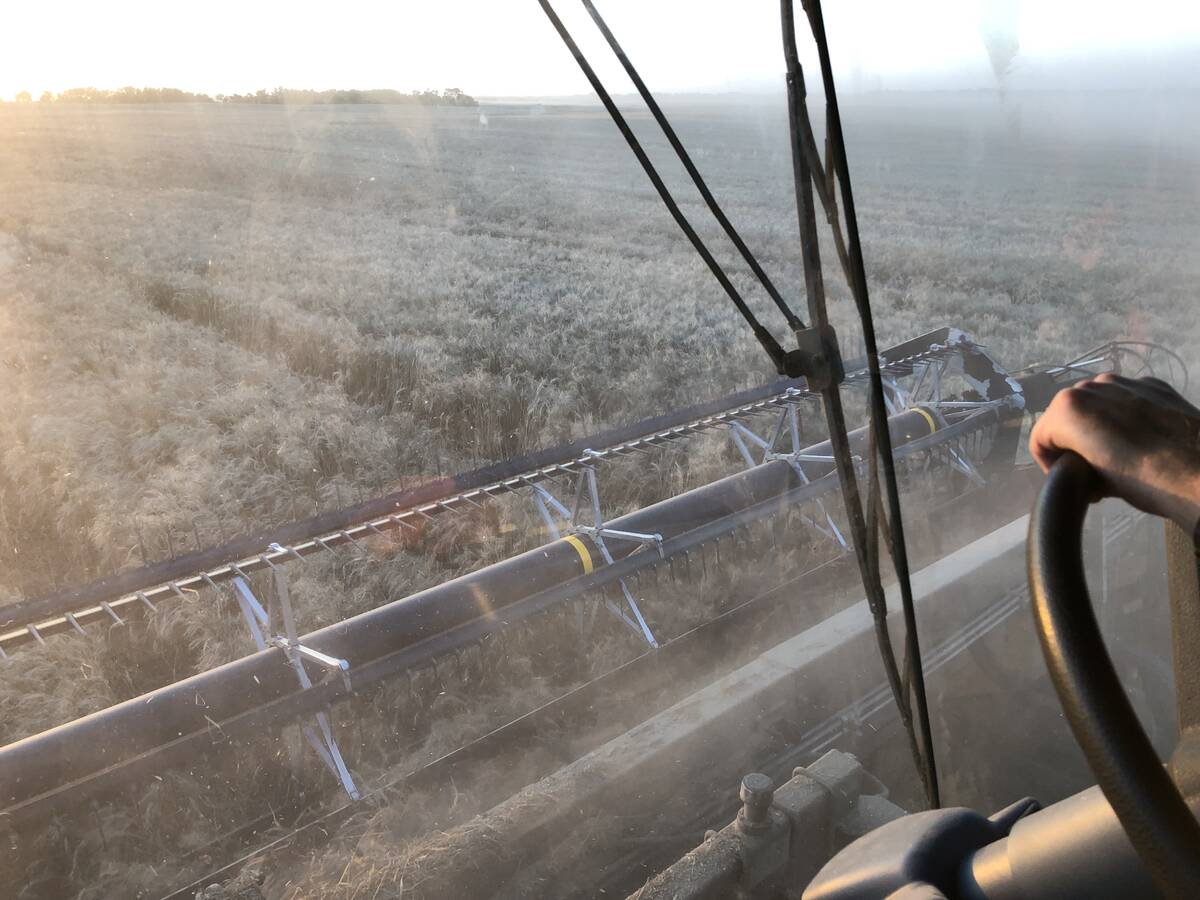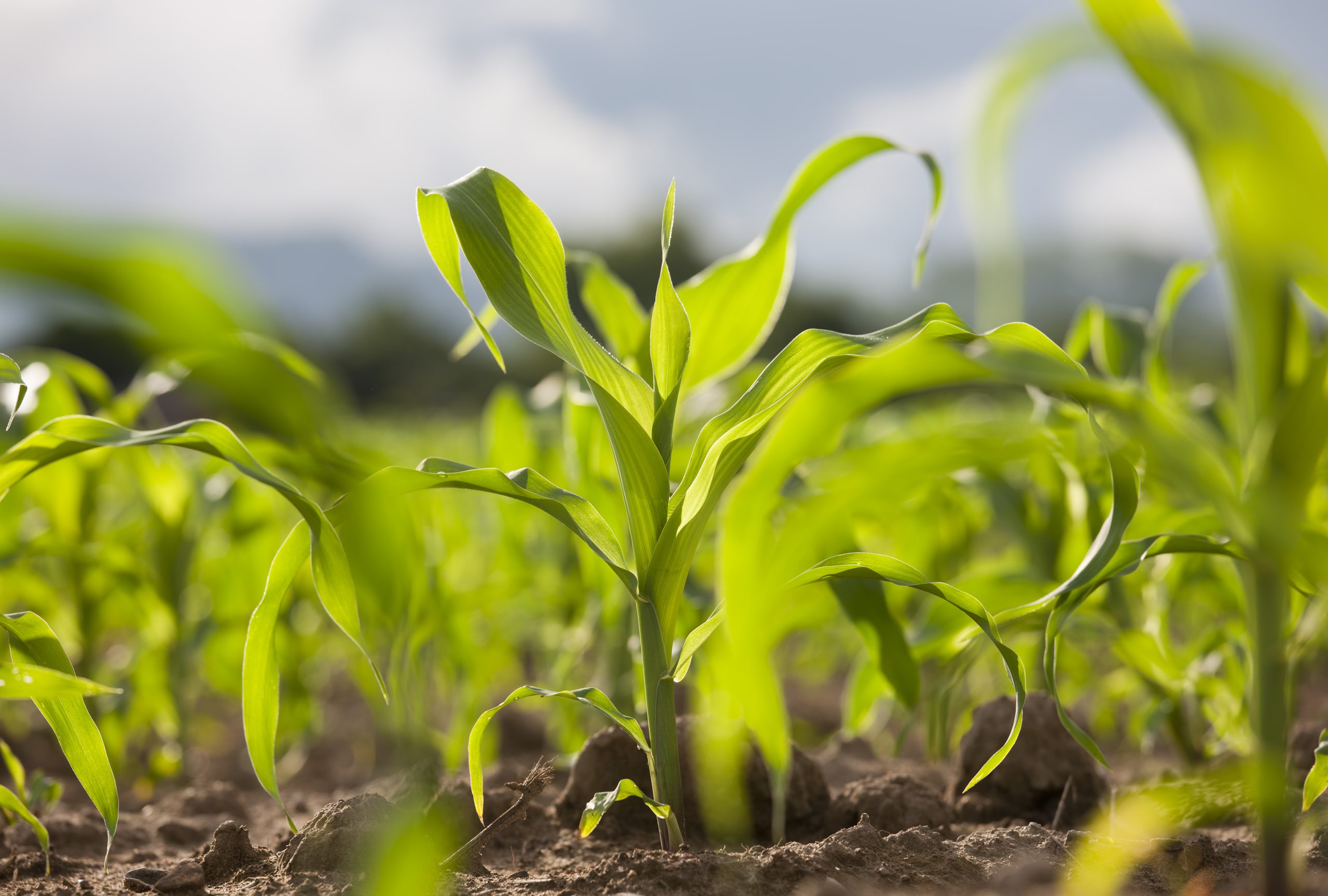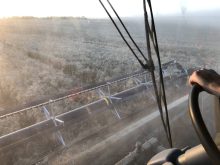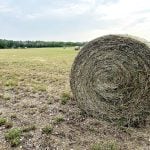(Resource News International) — Biodiesel, long touted as a potential market for Canadian canola, remains only a small factor in the canola industry as a whole, according to the Canola Council of Canada.
Biodiesel facilities currently in the planning stages across Western Canada could take much more demand for lower-quality canola seed, if those plans come to fruition.
Manitoba will implement a mandate in November requiring an average two per cent biodiesel blend for all diesel sold in the province. The average would see the actual biodiesel blends ranging from zero to five per cent, as biodiesel is more prone to freezing in the winter.
Read Also

Mail strike disrupts grain sample delivery
The Canadian Grain Commission has asked farmers to consider delivering harvest samples directly to CGC offices, services centres or approved drop offs as Canada Post strike delays mail.
British Columbia will implement its own five per cent mandate in January 2010, while Alberta follows with a mandate in July 2010. The Canadian federal government has a renewable fuels strategy that would see biodiesel account for two per cent of the country’s diesel usage by 2012.
JoAnne Buth, president of the Canola Council, said Manitoba was prepared to go ahead with a biodiesel mandate once the provincial production capacity was large enough to meet the two per cent demand.
The newly operational Greenway Biodiesel in Winnipeg, with an annual production capacity of 20 million litres using canola oil as the feedstock, should be able to meet the province’s demand, she said.
Greenway is a subsidiary of Winnipeg’s Speedway International, which makes biofuels including racing-grade methanol.
Stalled projects
While there are a number of other projects in the works across Western Canada, actual biodiesel production using canola oil remains small. Buth said a number of projects have been stalled because of the recession and the drop in crude oil prices.
“As far as I know, no large plant is under construction right now,” she said.
Right now very little canola is going into biodiesel production, she added. The couple of small plants actually in production would only account for demand of about 100,000 tonnes, or about one per cent of Canada’s canola crop.
The U.S. biodiesel sector is another potential market for Canadian canola, although Buth thought the demand was limited for the time being. The U.S. industry has become overbuilt, she said, and many facilities are either not running or are operating below their capacity.
Biodiesel demand is important for canola in that it provides a market for lower-quality supplies that may otherwise not find a home.
Looking farther ahead, there could be more biodiesel-related demand for canola if some of the projects in development move forward as planned.
Milligan Biotech is a Saskatchewan-based biodiesel producer which recently opened a 10 million-litre per year facility that uses canola as a feedstock. The company is using the optimization facility as a “stepping stone” toward an eventual 150 million-litre per year plant.
Biodiesel supplier Canadian Bioenergy has also announced plans for a 225 million-litre per year canola-based biodiesel plant in Alberta, though that facility is still in the early stages of development.
Also in Alberta, Western Biodiesel Inc. is already operational as a multi-feedstock facility with a capacity to produce 19 million litres of biodiesel annually.
An official at that plant said the company is now using tallow as its primary feedstock, but was planning on experimenting with canola oil this winter.
Canola was a good product to work with, he said, but was more expensive than tallow as a feedstock.















